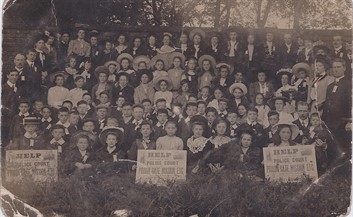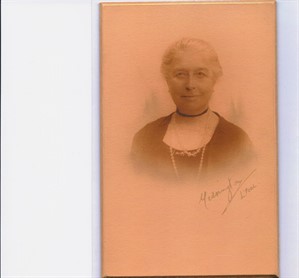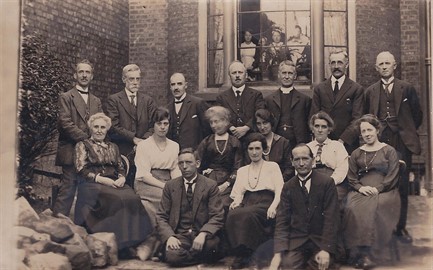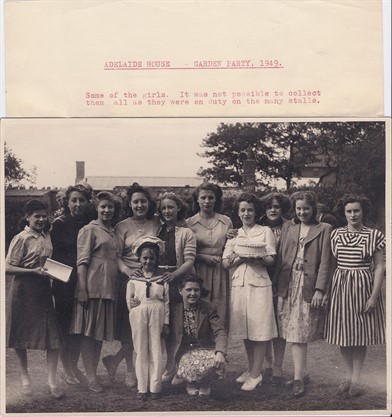History of Adelaide House
The beginnings of Adelaide House stretches back to the reign of George IV. From its origins and thanks to a visit from Elizabeth Fry – the great prison reformer, to her cousin in Liverpool, the charity known as ‘The Lancashire County Refuge for the destitute' was founded in 1823. Details on the residents are recorded in the 1841 Census!
There have been many changes since 1823 with the moving of the charity from Roscoe Street to its present site in Edge Lane.

Adelaide House was named in memory of Miss Sarah Adelaide Clarke, a former prison warder from Walton Gaol she served as Matron of Adelaide House for over 50 years. 
The 'misdeeds and crimes' of many of the woman and young girls would today be thought seemingly unbelievable; such as being found on the streets for wearing no shoes and socks and so being deemed to have no parental care or control. Many were also committed to gaol for looking as though they may be ‘intending’ to commit an offence; which may have been something as harmless as ‘larceny of an apple’ – stealing food!
As such they were institutionalised at Adelaide House where the staff were required to instill 'wholesome discipline' and ''character training' aswell as care and support. Many of the women and young girls were moved on into Service.

In 1920 the Church of England Temperance Society was called in to help clear and control spiralling debts and the charity was put into the control of the Board of Trustees. Following World War II, in 1948 it became an Approved Probation Hostel for girls thus the Home Office took over the responsibility for funding. In the last twenty-five years there have been further changes, with an extension to the building to provide better-equipped facilities for the residents. The hostel accommodates and works with adult women from the age of eighteen. It is now accountable to the Her Majesty's Prison and Probation Service (HMPPS) now part of the Ministry of Justice.

Adelaide House is an Independently Managed Women's Approved Premises, managed by the Board of Trustees of the charity The Liverpool Church of England Council for Social Aid, the Chair of whom is appointed by the Bishop of Liverpool who is the Patron.